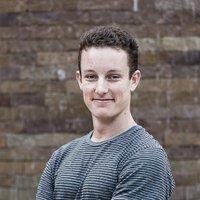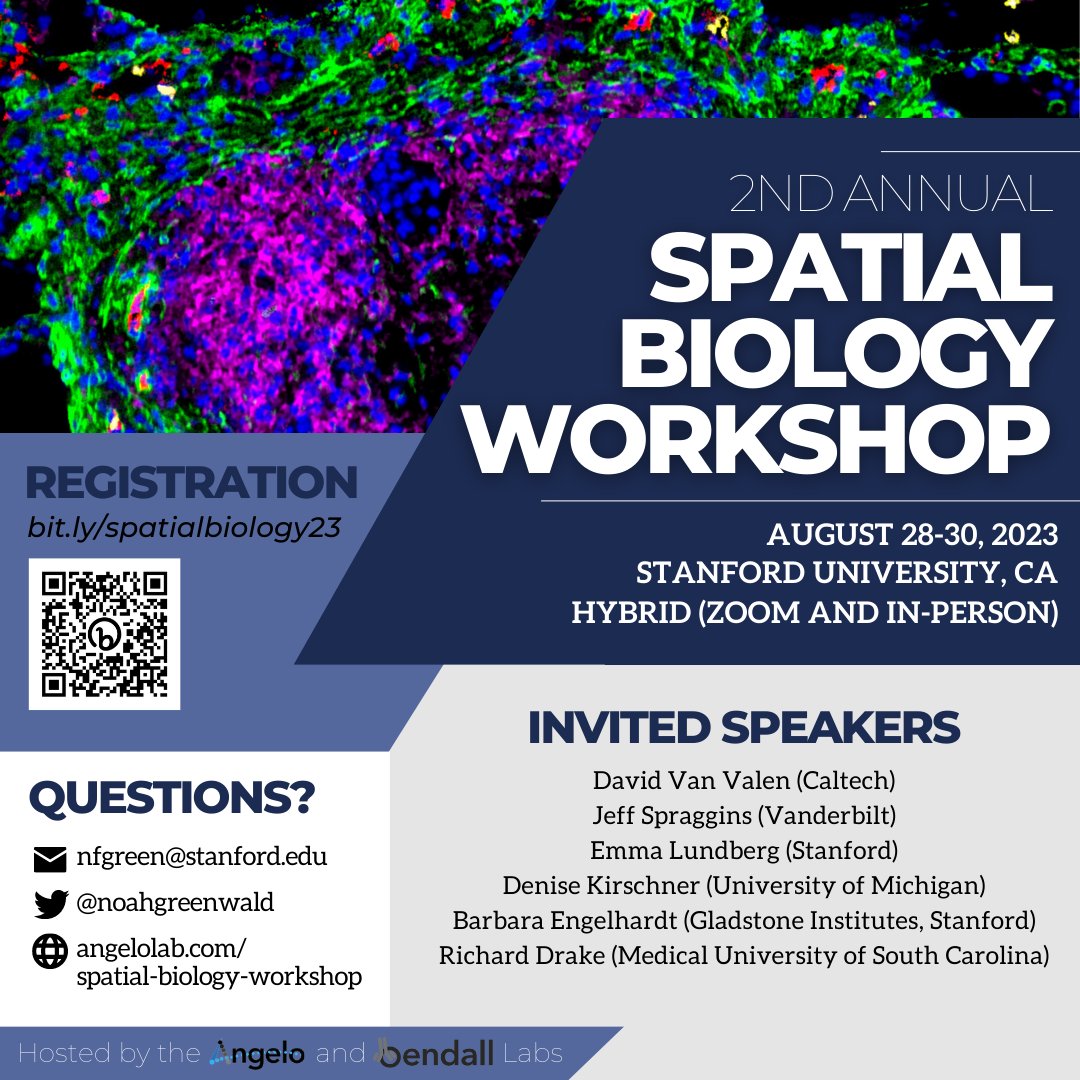
Dunja Mrdjen
@dunja_mrdjen
Senior Scientist @ Retro Bioscience
Neuroimmunologist, microglia, iPSCs
ID: 827443532604592129
http://www.retro.bio 03-02-2017 09:08:06
460 Tweet
459 Takipçi
704 Takip Edilen

Excited to share our new review about all things MIBI, out in Annual Reviews! As multiplexed imaging technology has advanced, there has been a demand for new analysis tools. We discuss these tools and show examples in various contexts. Michael Angelo 🧵annualreviews.org/doi/full/10.11…

Congrats @kausaliavbosse, Bryan Cannon, Bendall Lab on the epic implementation of #MIBI on human brain tissue in #Alzheimers. A powerful tool to uncover the confounding mysteries that define this very human disease. More to come in this space! #Stanford shorturl.at/hklGK

This is lovely. We need some more art in the lab Bendall Lab! Some more framed MIBI brain images?

Excited to share the latest preprint with Michael Angelo! While imaging studies often focus on cell objects, images capture significant info outside of cells. Enter Pixie, a pipeline for the quantitative annotation of both pixel and cell level features🧵biorxiv.org/content/10.110…

Due to abnormal shapes and complex spatial conformations of neuronal objects, cell segmentation is difficult in brain images. In beautiful MIBI images by Dunja Mrdjen, Pixie was able to map the full neuronal landscape, including neurons, vessels, astrocytes, and microglia. [7/x]
![Candace Liu (@candacecliu) on Twitter photo Due to abnormal shapes and complex spatial conformations of neuronal objects, cell segmentation is difficult in brain images. In beautiful MIBI images by <a href="/Dunja_Mrdjen/">Dunja Mrdjen</a>, Pixie was able to map the full neuronal landscape, including neurons, vessels, astrocytes, and microglia. [7/x] Due to abnormal shapes and complex spatial conformations of neuronal objects, cell segmentation is difficult in brain images. In beautiful MIBI images by <a href="/Dunja_Mrdjen/">Dunja Mrdjen</a>, Pixie was able to map the full neuronal landscape, including neurons, vessels, astrocytes, and microglia. [7/x]](https://pbs.twimg.com/media/FaX-OEIVQAAg3C0.jpg)

